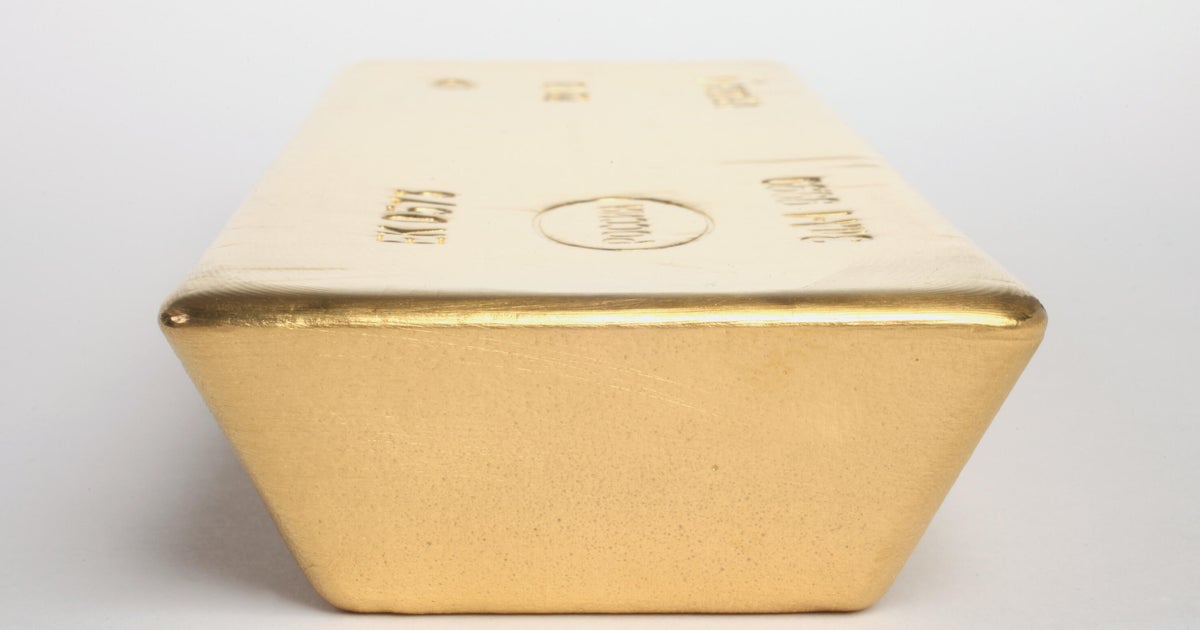Is gold worth investing in?
In the midst of high inflation, stock market volatility and a potential recession, investors may be looking for new ways to diversify their portfolios and lower their risk exposure. Traditionally, many people look to gold during times of economic turmoil. Gold is often seen as a safe haven for your investments and may even turn a profit.
As with other financial investments, gold comes with its own benefits and risks. Understanding the historical performance of gold and which investors should consider buying gold can help you decide whether gold is worth your investment dollars.
If you think you could benefit from investing in gold then start by requesting a free wealth protection kit to learn more about this unique investment opportunity.
Is gold worth investing in?
Over the long run, stocks and bonds traditionally outperform gold returns on average. From 1990 to 2020, gold prices increased by about 360% while the S&P 500 climbed by nearly 484% during the same time frame.
So, why all the buzz about gold? It may be because some investors view gold as a hedge against inflation and extreme market declines. According to a GoldSilver analysis of the nine largest stock market crashes since 1976, the market prices dropped 30.4% on average, while gold increased 6.1% on average during the same period.
Of course, gold does come with a level of risk, and the precious metal can be volatile at times. But if you're looking to add some sparkle to your holdings, experts recommend adding a small percentage of gold to your portfolio.
A top Gold company like Goldco can help you get started now.
Who could benefit from investing in gold now?
Gold investing isn't for everyone, but it may help some people in our current economic environment. Those belonging to these three groups may want to consider gold as an investment option:
Those wanting to combat inflation
Gold is often seen as a hedge against inflation because it acts as a store of value. In other words, gold is a physical asset you can store and trade, and unlike paper money, there's a limited supply of gold.
As such, it tends to hold its value longer than other asset classes. So when the value of the dollar falls, the price of gold tends to rise over time. This is why gold is said to have an inverse relationship with the dollar's value. When the effects of inflation weaken the dollar, investors often turn to gold and other more stable places to place their money.
Those aiming to diversify their portfolio
With stocks, two primary reasons you might buy a stock are its growth outlook and earnings. But with gold, there are no future earnings or growth to consider. Simply, gold is a store of value, and you invest in the metal to preserve your purchasing power.
Because gold acts differently than other asset classes, many investors opt to keep a small percentage as part of an overall diversified portfolio.
Not sure if gold is right for you? Start by requesting a free wealth protection kit to learn more about this investment opportunity.
Younger investors
Gold may provide a level of long-term protection against inflation. And if you're young, you'll likely fight several bouts against inflation over the next several decades. Owning some gold while you're young may help to stabilize your portfolio during inflationary times.
Because younger people have several decades to earn money and save for retirement, they are in a better position to absorb market crashes, inflation, and other financial challenges.
Who may not benefit from investing in gold now?
While gold historically outperforms other assets during times of economic turmoil, it may not be the best investment if you belong to any of these groups:
Older investors
Older investors, especially those living on a limited income, may benefit more from income-producing investments like certificates of deposits (CDs) and fixed annuities.
Income investors
If you're looking for income, you won't find it in gold, which doesn't pay dividends or interest. Furthermore, there's an opportunity cost for income investors: the lost interest you could generate from an alternative investment. Remember, gold is a store of value, helping you retain your purchasing power and stabilize your portfolio.
How can someone invest in gold now?
There are numerous ways to invest in gold, including buying physical gold, stocks in gold mining companies, gold IRAs and exchange-traded funds (ETFs).
Investing in physical gold involves purchasing gold bars, coins, bullion or jewelry from a reputable dealer. Determine how much gold you want and if you plan to store it at home, in a safe deposit box or another secure location.
Don't want the hassle of storing gold? In that case, consider gold exchange-traded funds (ETFs). ETFs are commodity funds that track the domestic price of gold, and they can give your portfolio exposure to gold without the storage and security needs that come with physical gold.
Additionally, gold IRAs are individual retirement accounts that invest in gold, silver and other precious metals. Open a gold retirement plan through a gold IRA company like Goldco now.
The bottom line
Don't forget about liquidity when you invest in gold. How easily can you sell or access your funds if you need to? Physical gold, like bars and coins, is not as liquid as gold-based ETFs when you need to get to your money.
And while gold is an asset many investors use to hedge against inflation and diversify their portfolio, consider limiting your gold investment to a small percentage of your portfolio.




